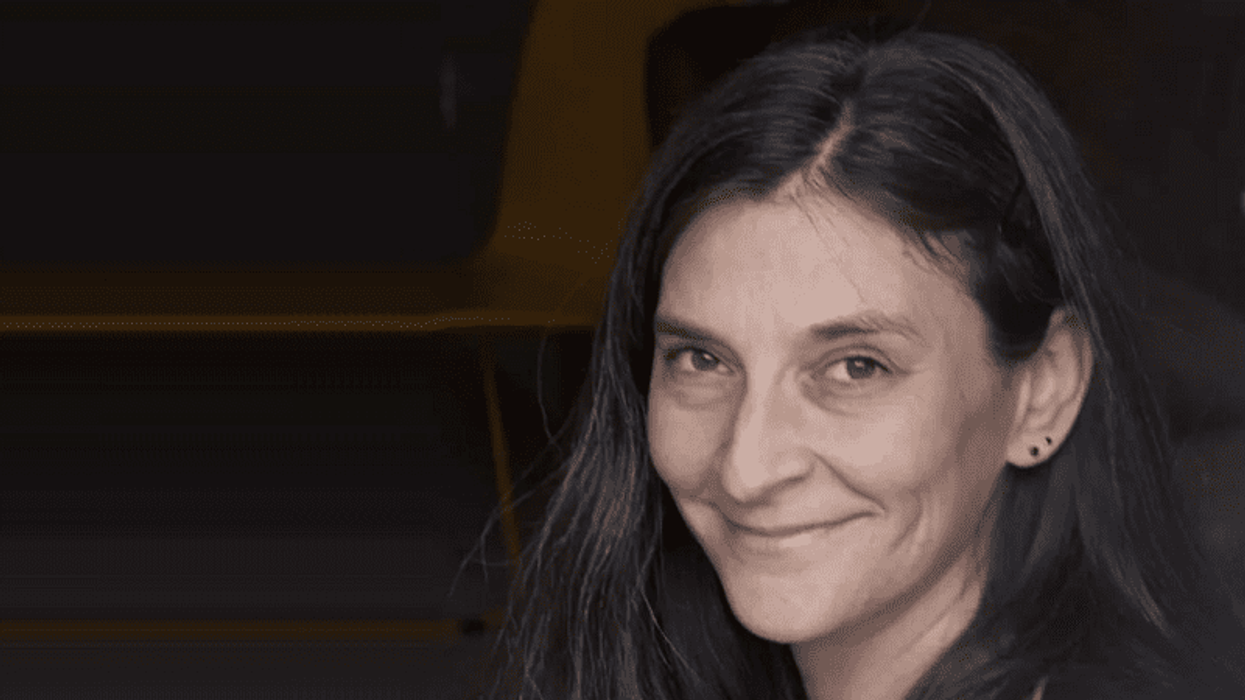Nevins is co-publisher of The Fulcrum and co-founder and board chairman of the Bridge Alliance Education Fund.
Shia Levitt is the director of News Ambassadors, a project of the Bridge Alliance Education Fund that links student reporters with their counterparts in politically or demographically dissimilar areas to collaborate on stories exploring solutions to contentious issues.
Levitt has taught radio reporting and audio storytelling at Brooklyn College in New York and at Mills College in Oakland, Calif., as well as for WNYC’s Radio Rookies and other organizations.
Her teaching builds on two decades of working in radio, primarily reporting for public radio outlets including NPR, Marketplace and KQED. Most recently (2022) Levitt was a news editor at KALW, where she launched the poetry segment, “ Bay Poets.”
She has reported domestically and internationally, including in Africa, Asia and the Middle East, and her main beats have been covering science, health, labor and the environment.
Her vast experience includes producing and reporting radio features and news spots on issues including business, economics, labor, social trends and environment/health from the U.S., Japan, Philippines, India, Israel, Kenya and Ivory Coast.
She is also a freelance photographer for various magazines and occasionally produces for television.
To learn more, visit newsambassadors.org. (Disclosure: Like News Ambassadors, The Fulcrum is a project of the Bridge Alliance Education Fund.)
I had the wonderful opportunity to interview Levitt in May for the CityBiz “Meet the Change Leaders” series. Watch to learn the full extent of her democracy reform work:
The Fulcrum Democracy Forum Meets Shia Levitt, Director of News Ambassadorswww.youtube.com




















Trump & Hegseth gave Mark Kelly a huge 2028 gift